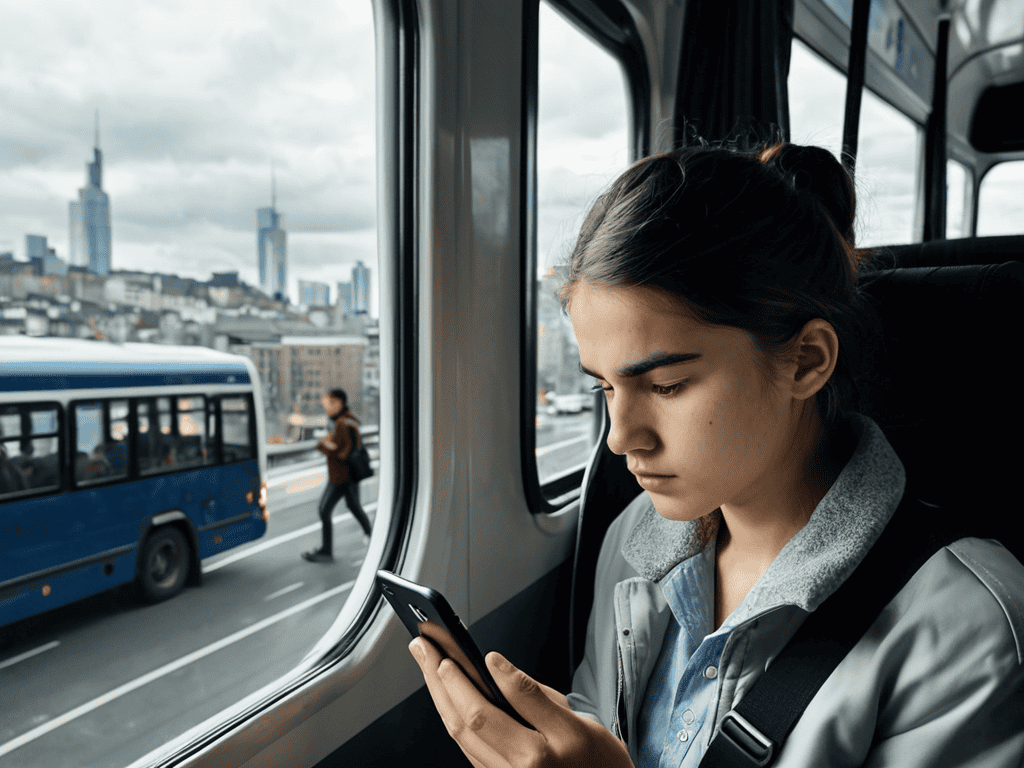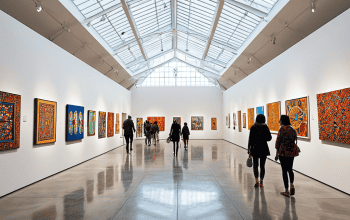I still remember the day my younger cousin asked me to explain what a “telephone” was – it was a surreal moment that made me realize just how much the impact of social media on modern communication has shifted our understanding of connection. We were sitting in the school cafeteria, surrounded by the constant buzz of social media notifications and online chatter, and it hit me: we’re living in a world where _face-to-face interactions_ are becoming the exception, not the rule. It’s crazy to think about how much social media has altered our daily interactions, often in ways we don’t even notice.
As someone who’s spent years navigating the ups and downs of online communication, I want to cut through the hype and offer you a no-nonsense look at how social media is rewiring the way we talk to each other. In this article, I’ll share my personal experiences and insights on how to make the most of social media without losing sight of what truly matters: _meaningful connections_ with others. I’ll give you the lowdown on how to avoid common pitfalls and cultivate a healthier relationship with social media, all while acknowledging the very real benefits it can bring to our lives.
Table of Contents
Rewiring Communication
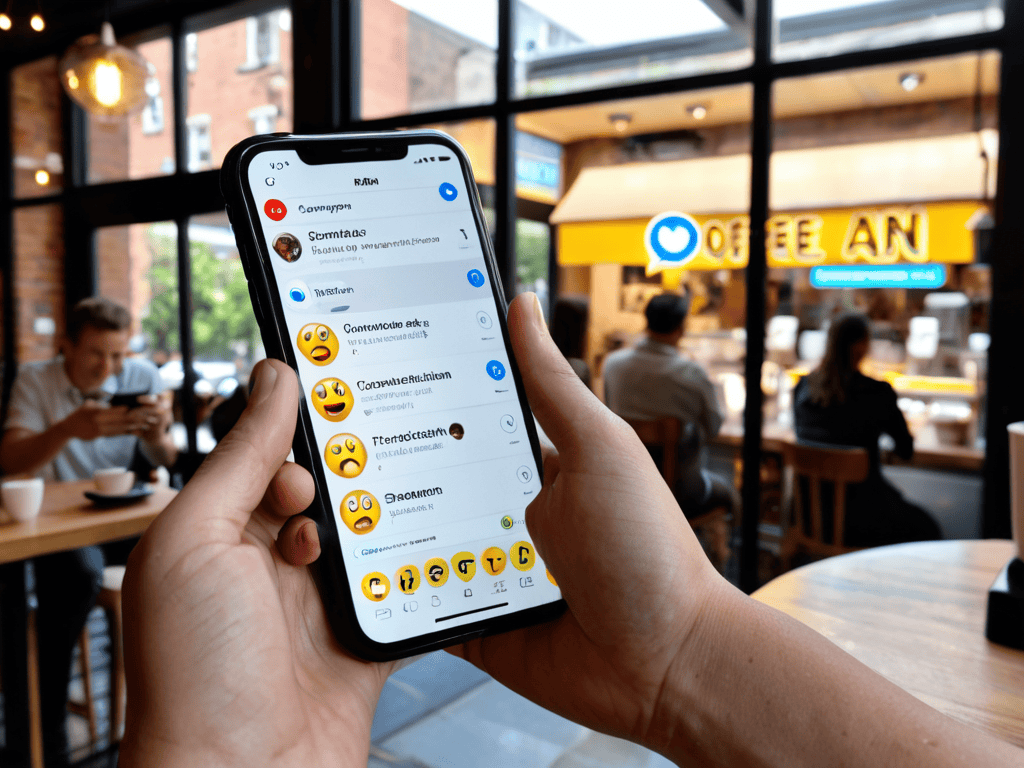
As we delve into the world of online interactions, it’s clear that social media is rewiring the way we communicate. The influence of social media on language is a significant factor, with abbreviations and emojis becoming an integral part of our daily conversations. This evolution of online communication platforms has led to a shift in the way we express ourselves, often blurring the lines between formal and informal communication.
As we navigate the complexities of social media’s impact on modern communication, it’s essential to stay informed and up-to-date on the latest trends and research. For those looking to dive deeper into the world of online interactions, I’ve found a fascinating resource that offers a unique perspective on the topic – you can find more information by visiting nutten, which provides an interesting look at how different platforms are shaping our online behaviors. By exploring such resources, we can gain a better understanding of the ever-evolving landscape of social media and its effects on our daily lives, ultimately helping us to become more mindful and intentional in our online interactions.
The psychological effects of social media on relationships are also worth exploring. While social media has made it easier to stay connected with others, it can also create a sense of disconnection and isolation. Furthermore, the lack of social media etiquette guidelines can lead to misunderstandings and conflicts online. It’s essential to consider these factors when navigating the complex world of online communication.
As we move forward, it’s crucial to develop social media literacy programs that help individuals navigate the online landscape effectively. By understanding the potential cognitive effects of excessive social media use, we can work towards creating a healthier and more balanced approach to online communication. This, in turn, can help mitigate the negative effects of social media on our relationships and overall well-being.
Evolution of Online Platforms
The rise of social media has led to the creation of various online platforms, each with its unique features and user interface. Constant innovation has been the driving force behind the evolution of these platforms, as they strive to stay relevant and competitive in the ever-changing digital landscape.
As these platforms continue to evolve, we can expect to see even more advanced features and tools that facilitate communication and connection. The shift towards visual content is already underway, with many platforms prioritizing images and videos over traditional text-based posts.
Influence of Social Media on Language
Social media has significantly altered the way we express ourselves, with abbreviated language becoming a norm. This shift is evident in the rise of acronyms and emojis used in online communication. As a result, our language has become more concise, but also less formal.
The evolution of slang is another notable effect of social media on language. New words and phrases are coined and popularized through social media platforms, often spreading rapidly across different regions and cultures.
Impact on Modern Communication
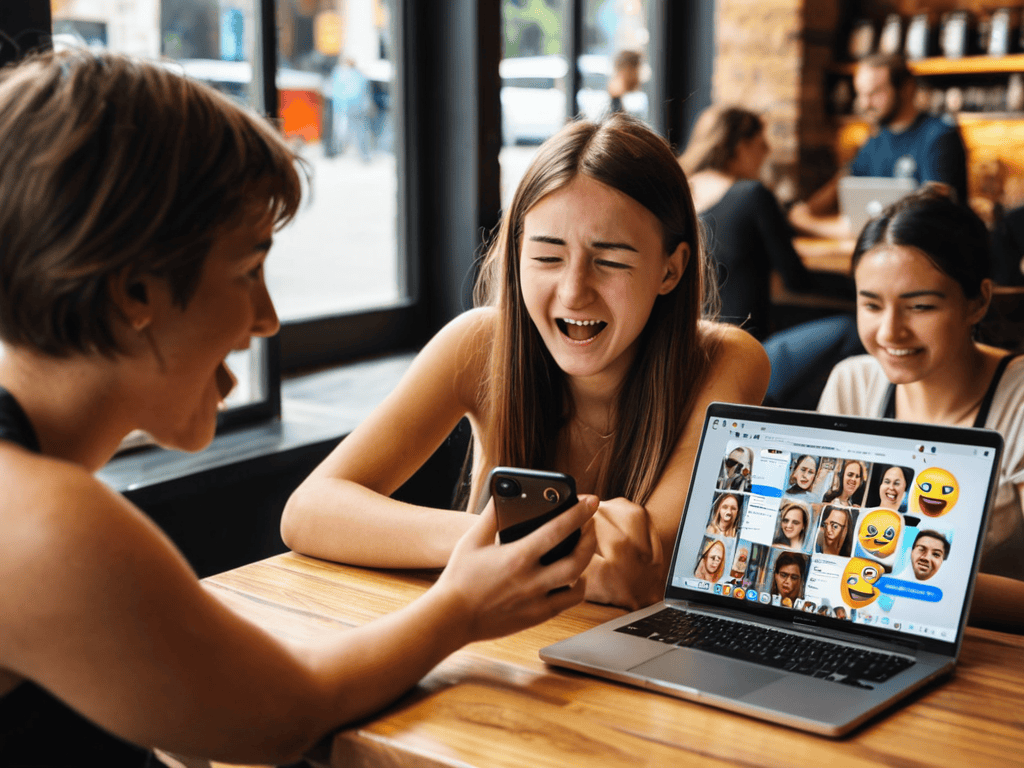
As we delve deeper into the effects of social media on our interactions, it’s clear that social media etiquette guidelines are becoming increasingly important. We’re seeing a shift towards a more informal tone in online communication, with emoticons and emojis being used to convey emotions and ideas. This change in language is not only affecting how we communicate online but also influencing our face-to-face interactions.
The evolution of online communication platforms has also played a significant role in shaping modern communication. With the rise of social media, we’re no longer limited to traditional forms of communication like phone calls and emails. Instead, we can now connect with others across the globe through various platforms, each with its unique features and norms. This has led to a more dynamic and fast-paced communication environment, where information is shared and consumed at an unprecedented rate.
As we navigate this new landscape, it’s essential to consider the psychological effects of social media on relationships. While social media has made it easier to connect with others, it’s also created new challenges, such as the blurring of personal and public spaces. To mitigate these effects, social media literacy programs can help individuals develop a critical understanding of online communication and its potential impact on their relationships and cognitive abilities.
Psychological Effects on Relationships
The way we interact with each other on social media can have a profound impact on our relationships, often leading to emotional detachment. As we substitute online interactions for in-person connections, we can start to feel isolated, even when we’re surrounded by people.
This can result in deeper feelings of loneliness, as we struggle to form meaningful connections in the digital void.
Social Media Literacy Programs
To effectively navigate the ever-changing landscape of online communication, it’s essential to implement social media literacy programs. These programs aim to educate users about the potential pitfalls of social media, such as misinformation and online harassment. By providing users with the necessary tools and knowledge, we can promote healthier online interactions and reduce the risk of negative experiences.
As we move forward, it’s crucial that we prioritize digital citizenship and make social media literacy a cornerstone of online education. This will enable users to critically evaluate the information they encounter online and develop a more nuanced understanding of the digital world.
Navigating the Digital Landscape: 5 Essential Tips for Healthy Social Media Communication
- Set boundaries: Establish technology-free zones and times to encourage face-to-face interaction and reduce the constant stream of social media updates
- Practice active listening: When engaging with others online, make a conscious effort to fully understand and respond thoughtfully, rather than just reactively typing out a response
- Be authentic: Share your genuine thoughts and feelings, but also be mindful of your online persona and how it may be perceived by others, striving for a balance between honesty and sensitivity
- Use social media intentionally: Rather than mindlessly scrolling, use platforms with a purpose, such as staying in touch with friends, learning new things, or joining communities that align with your interests
- Take breaks and prioritize real-life connections: Regularly disconnect from social media to focus on nurturing relationships and engaging in activities that bring you joy and fulfillment in the physical world
Key Takeaways: Navigating the Social Media Landscape
Social media has profoundly altered the fabric of modern communication, influencing not just the way we interact but also the language we use and the platforms we choose
The psychological effects of social media on relationships are multifaceted, ranging from enhanced connectivity to deepened feelings of isolation, underscoring the need for social media literacy
Ultimately, understanding the impact of social media on modern communication requires a nuanced approach, one that balances the benefits of global connectivity with the potential drawbacks on personal and societal levels
Rewiring Our Voices
Social media has become the canvas on which we paint our lives, but in the process, it’s also erasing the nuances of human connection, one filtered post at a time.
A Concerned Observer
Embracing the Shift
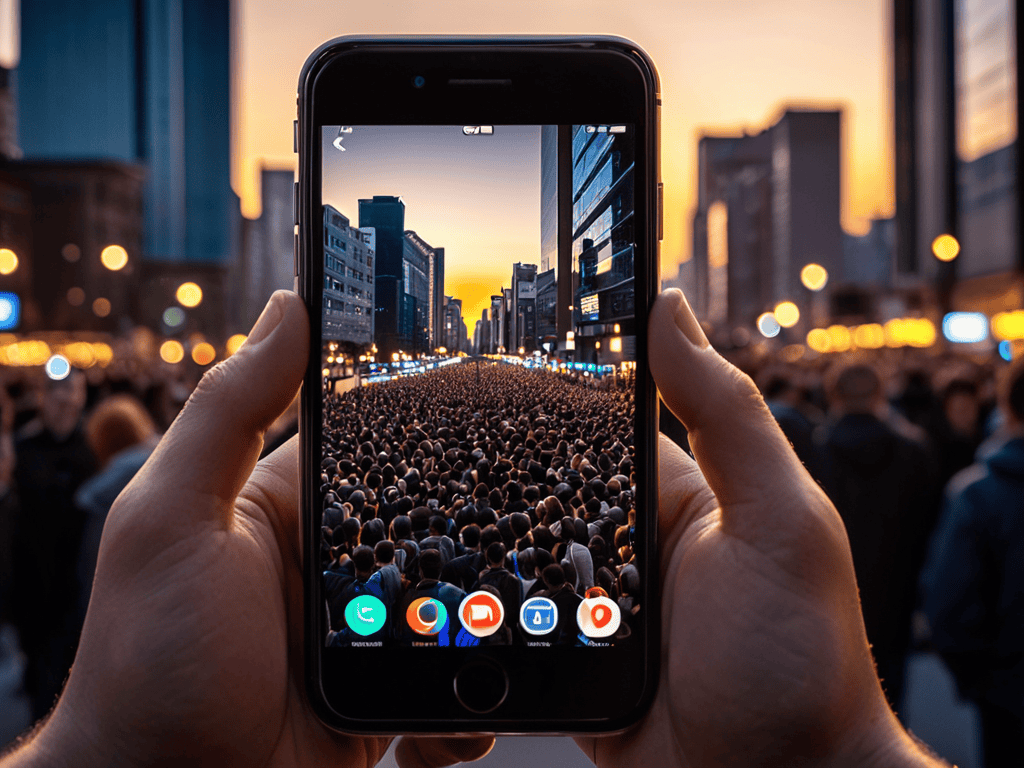
As we reflect on the impact of social media on modern communication, it’s clear that our relationships and interactions have undergone a significant transformation. We’ve seen how social media has influenced language, with the rise of new slang and abbreviations, and how online platforms have evolved to shape the way we connect with each other. The psychological effects on relationships are also noteworthy, with social comparison and cyberbullying becoming major concerns. Furthermore, the importance of social media literacy programs cannot be overstated, as they play a crucial role in educating users about the potential pitfalls of online communication.
As we move forward in this digital age, it’s essential to recognize that social media is not a replacement for human connection, but rather a tool to enhance and facilitate it. By being aware of the potential pitfalls of excessive social media use, we can harness its power to build stronger, more meaningful relationships and foster a sense of community that transcends geographical boundaries. Ultimately, it’s up to us to navigate this new landscape with empathy, kindness, and a deep understanding of the impact of our online interactions on others.
Frequently Asked Questions
How is social media changing the way we form and maintain relationships in the digital age?
Honestly, social media is totally shifting how we form and maintain relationships – it’s all about curated online personas and fleeting interactions, which can be both liberating and isolating at the same time, making it tough to nurture deep, meaningful connections.
What are the potential long-term effects of social media on our mental health and self-esteem?
Honestly, the long-term effects of social media on our mental health and self-esteem can be really damaging. Constantly comparing our lives to curated highlight reels can lead to feelings of inadequacy and low self-worth, and even contribute to anxiety and depression if we’re not careful.
Can social media literacy programs really help mitigate the negative impacts of social media on modern communication?
Honestly, social media literacy programs can be a game-changer – they teach us how to navigate online spaces critically, helping us distinguish fact from fiction and fostering healthier online interactions, which can definitely mitigate some of the negative effects of social media on our communication.
